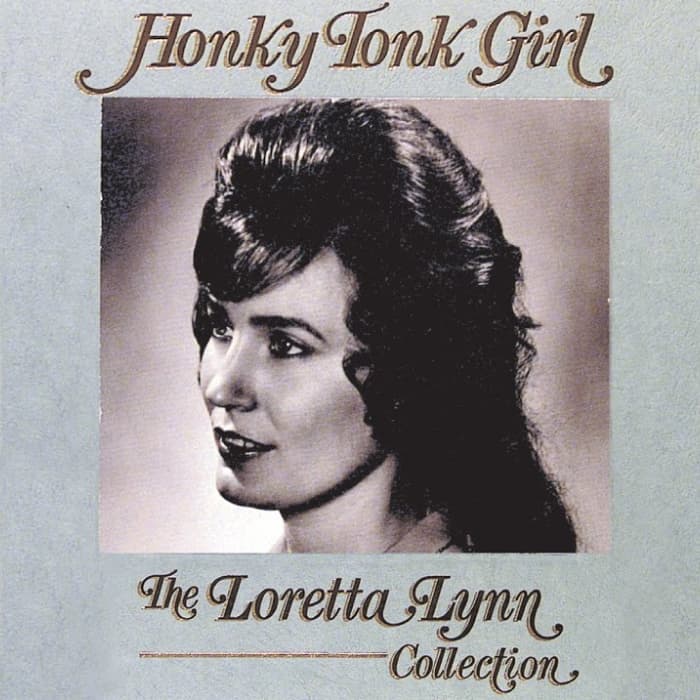
Loretta Lynn: A timeless voice for every woman’s journey
Some songs feel like a well-worn path, a familiar story told with new emotion each time you walk it. “Woman of the World (Leave My World Alone)” by the legendary Loretta Lynn is one of those songs. Released in 1969, it’s a testament to the artist’s ability to tap into the very soul of the working-class woman and give voice to her struggles and her strength. The track reached a respectable #2 on the Billboard Hot Country Singles chart, a testament to its immediate resonance with audiences.
This song wasn’t just another hit; it was a deeply personal reflection for Loretta. The story behind it is as compelling as the song itself. Penned by the talented Roger Bowling, the lyrics found their way to Loretta, who was at a point in her life where she was questioning her own identity. After years of touring, recording, and raising a family, the demands of fame and domestic life were taking a toll. She felt like her own world, her “private” world, was being intruded upon from all sides. The song was a powerful expression of her need for space, for time to simply be herself, away from the constant demands of the world. It was a plea, a quiet rebellion, and a declaration of self-worth.
The genius of “Woman of the World (Leave My World Alone)” lies in its universal meaning. While it was deeply personal for Loretta, the lyrics speak to any woman who has ever felt overwhelmed by the expectations placed upon her. The “world” in the song isn’t just the outside world; it’s the weight of a demanding spouse, the endless needs of children, the societal pressure to be a perfect wife, mother, and professional. It’s the silent battle to maintain one’s own identity in the face of constant intrusion. The song is a poignant reminder that a woman’s world isn’t just a place; it’s her inner landscape, her thoughts, her feelings, and her sense of self. It’s a world that needs to be protected, nurtured, and respected.
For those of us who grew up with Loretta’s music, this song feels like an old friend. It’s a song that played on the radio as we drove down country roads, a song that was hummed by our mothers and grandmothers as they went about their daily lives. It’s a song that reminds us of a simpler time, but also a time when women’s struggles were often unseen and unheard. Loretta’s raw, authentic voice, with its subtle twang and heartfelt delivery, made these struggles real. She didn’t just sing the words; she lived them. She was a voice for the voiceless, a champion for the quiet strength of women everywhere. Listening to this song today is like looking at a cherished photograph from the past—it’s a moment frozen in time, filled with nostalgia and a deep appreciation for the journey that brought us to where we are today.